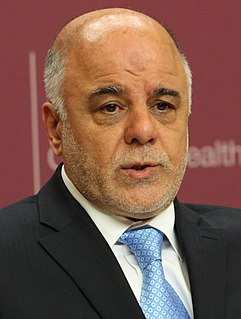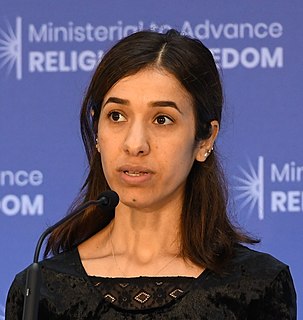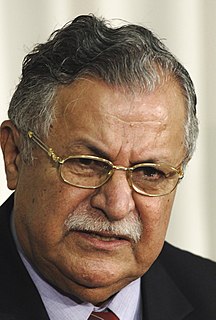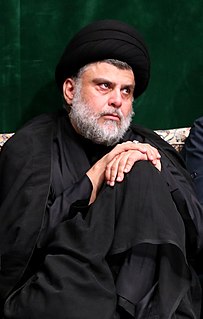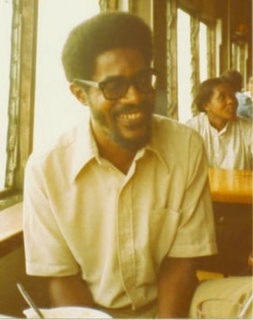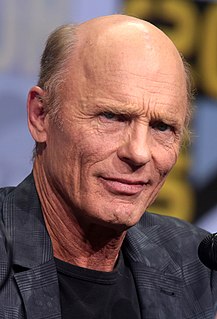A Quote by Patrick Cockburn
Mosul stands rally at a sort of juncture of sectarian and ethnic differences.
Related Quotes
The biggest problem I have with the stupidity of our foreign policy, we have Mosul. They think a lot of the ISIS leaders are in Mosul. So we have announcements coming out of Washington and coming out of Iraq, we will be attacking Mosul in three weeks or four weeks. Well, all of these bad leaders from ISIS are leaving Mosul. Why can't they do it quietly?
The Soviet Union came apart along ethnic lines. The most important factor in this breakup was the disinclination of Slavic Ukraine to continue under a regime dominated by Slavic Russia. Yugoslavia came apart also, beginning with a brutal clash between Serbia and Croatia, here again 'nations' with only the smallest differences in genealogy; with, indeed, practically a common language. Ethnic conflict does not require great differences; small will do.
One of the things is that I've been very comfortable in every situation starting ministry in the inner city and ministering in places - Washington, D.C., feeding the homeless, the hurting, going to broken boys and girls. So culturally I understood all different aspects of life - from extremely wealthy to extreme poverty, socioeconomic differences, ethnic differences.
We're not all the same. A common liberal refrain is that differences between individuals are statistically more significant than those between cultural, ethnic, and racial groups. I don't see why the fact of inter-individual differences would nullify inter-group variance. That's liberal logic for you.
Ethnic differences exist; of course they exist on the African continent. They are not necessarily political differences, however. They don't necessarily cause people to kill each other. They become so-called 'tribalism' when they are politicized in a particular framework. And in post-independence Africa they have been politicized largely by sections of the so-called African elite.

